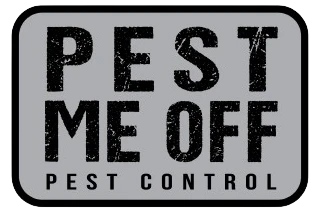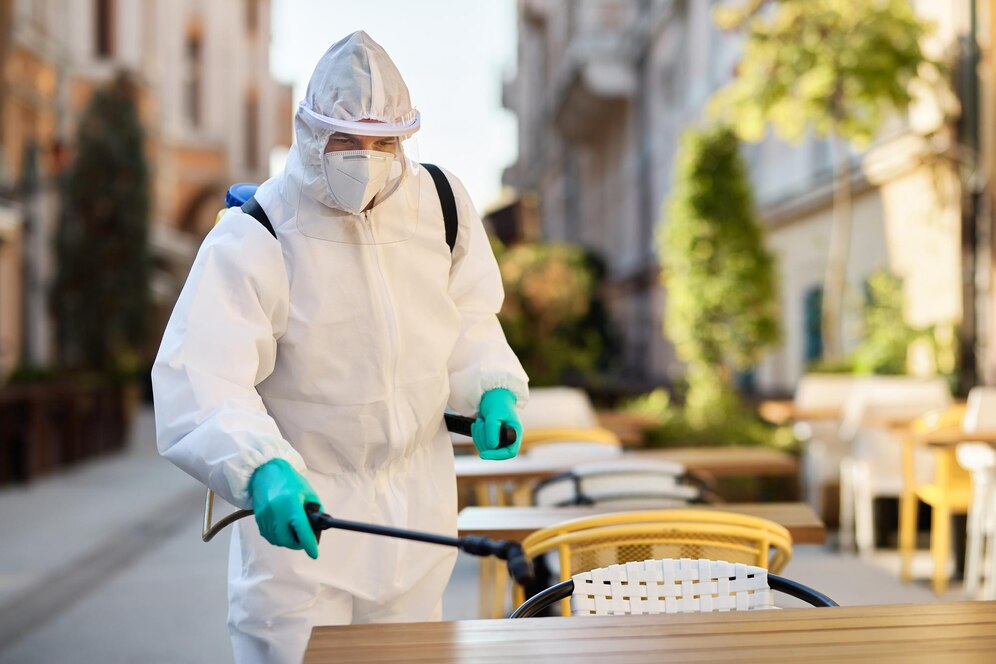A pest infestation can be a restaurant’s worst nightmare, damaging its reputation, leading to health code violations, and even causing business closures. Keeping a clean, pest-free space is essential for customer satisfaction and regulatory compliance. Implementing an effective pest control service can prevent infestations and ensure that dining establishments remain safe and hygienic.
The Importance of Pest Prevention in Restaurants
Pests like rodents, cockroaches, flies, and ants are more than just a nuisance. They carry bacteria and diseases that can contaminate food, surfaces, and utensils. Even a single sighting of a pest can lead to negative reviews, loss of customers, and potential legal action. Taking a proactive approach is key to avoiding these issues.
Common Pests in Restaurants and Their Risks
Rodents
Mice and rats are attracted to food storage areas and trash bins. They chew through packaging, leave droppings, and spread bacteria such as Salmonella and E. coli.
Cockroaches
These pests thrive in warm, humid environments. They contaminate food, spread allergens, and are difficult to eliminate once they establish a presence.
Flies
Flies are drawn to exposed food and trash. They transfer bacteria from unsanitary surfaces to food preparation areas, posing serious health risks.
Ants
While they may seem harmless, ants can quickly become a problem in restaurants. They invade food storage and service areas, making it difficult to maintain cleanliness.
Preventive Measures for a Pest-Free Restaurant
1. Maintain a Clean Environment
Cleanliness is the first line of defense against pests.
- Wipe down counters, tables, and kitchen surfaces regularly.
- Sweep and mop floors at the end of each shift.
- Dispose of trash properly and keep bins sealed.
- Ensure grease traps are cleaned frequently.
2. Store Food Properly
Proper food storage reduces the chances of attracting pests.
- Keep dry ingredients in sealed, airtight containers.
- Store fresh produce off the floor on racks or shelves.
- Label and rotate food items to prevent spoilage.
3. Seal Entry Points
Pests can enter through the smallest openings.
- Inspect walls, floors, and ceilings for cracks or gaps.
- Install door sweeps to prevent rodents from squeezing through.
- Ensure windows have tight-fitting screens.
4. Addressing Moisture Issues
Standing water and humidity attract pests.
- Repair leaking pipes and faucets immediately.
- Use dehumidifiers in storage areas if necessary.
- Clean up spills promptly to avoid attracting insects.
5. Dispose of Waste Properly
Trash management plays a significant role in pest control.
- Use heavy-duty trash bags and close bins tightly.
- Keep outdoor dumpsters away from the building.
- Arrange for regular trash pickup to prevent overflow.
6. Train Staff on Best Practices
Employees should be aware of pest prevention protocols.
- Educate staff on proper cleaning and waste disposal.
- Encourage them to report pest sightings immediately.
- Assign cleaning duties to ensure consistency.
Pest Control Methods for Restaurants
Routine Inspections
Regular inspections help detect early signs of infestations. Check storage areas, kitchen corners, and waste disposal zones frequently.
Non-Chemical Treatments
Some natural methods can deter pests without using harsh chemicals.
- Use citronella candles or essential oils to repel insects.
- Keep bay leaves in dry storage areas to deter cockroaches.
- Maintain a clean, dry environment to discourage infestations.
Professional Pest Management
When pest problems arise, professional intervention is necessary.
- Experts use targeted treatments to eliminate pests safely.
- Licensed services comply with food industry safety regulations.
- Ongoing maintenance programs prevent future infestations.
Why Choose Pest Me Off?
Pest Me Off understands the challenges restaurants face when dealing with infestations. Our approach is thorough, ensuring food safety while keeping dining spaces pest-free. We provide:
- Customized treatment plans tailored to restaurant environments.
- Non-disruptive pest control solutions for minimal downtime.
- Ongoing support to prevent future infestations.
A proactive approach to pest management protects a restaurant’s reputation and ensures compliance with health regulations. Investing in a reliable solution keeps both customers and staff safe while maintaining a welcoming dining experience.

